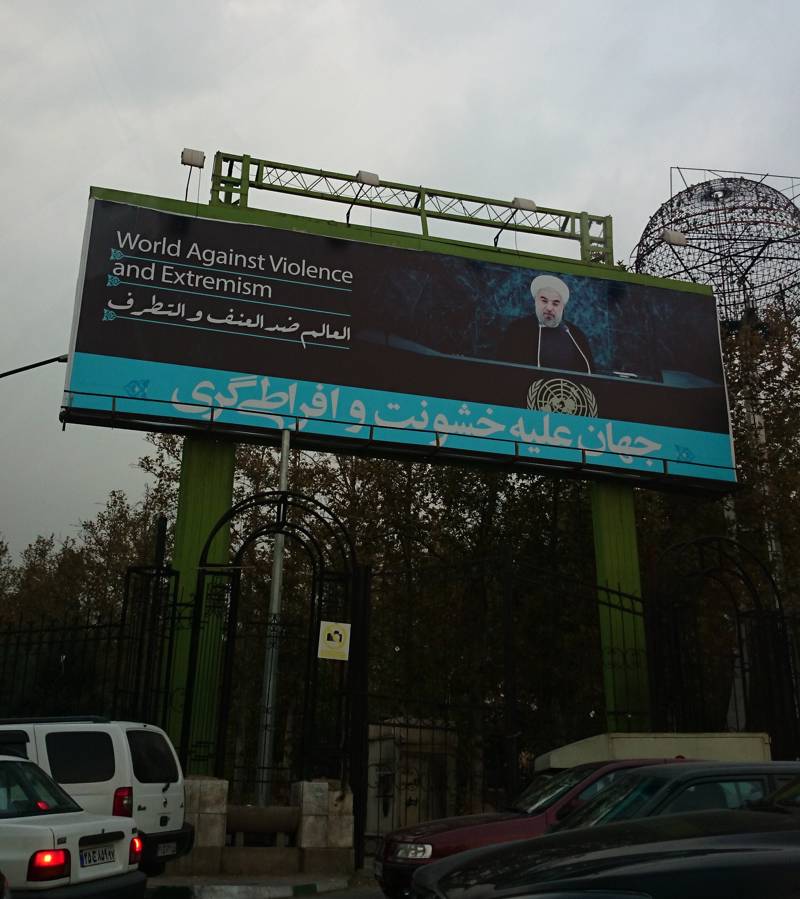
On 2 November 2014 PRIO co-organized a roundtable with the Institute of International and Political Studies (IPIS). Held at the Iranian Foreign Ministry on the occasion of a visit to Tehran of Norwegian Foreign Minister Børge Brende, the roundtable was opened jointly by him and Iranian Foreign Minister Mohammad Javed Zarif. PRIO researchers Kristian Berg Harpviken and Gregory M. Reichberg gave presentations at the event.
The aim of the roundtable was to assess the ongoing crisis in Syria/Iraq and to discuss possible solutions in light of President Rouhani’s initiative World against Violence and Extremism (WAVE). The participants discussed how the situation the Middle East today holds the potential of fundamentally altering the political architecture of the region. At the same time, the sheer magnitude of the challenges may also serve as a catalyst for cooperation to confront it. What are the basic alliances and fault lines at play in the Middle East, and how are the current conflicts potentially transforming these?
The roundtable examined not only the conventional political dimensions of the situation, but also how religious actors, and the values they represent, both impact upon and can be mobilized to handle, the region’s challenges. To this end, the workshop provided an occasion to discuss the recent book edited by PRIO researchers Gregory M. Reichberg and Henrik Syse, Religion, War, and Ethics: A Sourcebook of Textual Traditions (Cambridge University Press, 2014). The book includes much newly translated material from the Sunni and Shia traditions of jurisprudence, and in this way can provide needed perspective on debates currently underway in the Middle East on legitimate versus illegitimate employments of armed force in religious contexts. Several Iranian scholars contributed to the volume, and their valuable input was recognized at the workshop.





